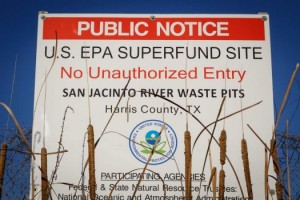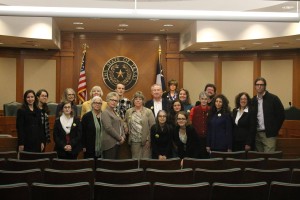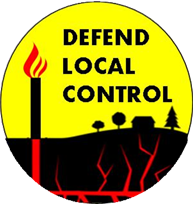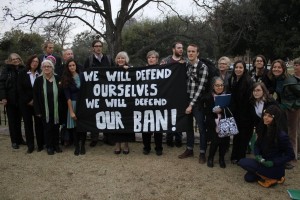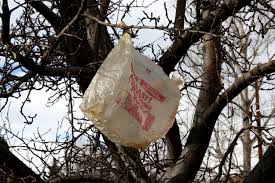Today, just hours after the House Energy Resources Committee heard from scientists at Southern Methodist University that oil and gas extraction and injection wells for fracking wastewater are causing earthquakes in Texas, the Texas Senate passed a bill that will almost completely end local control over oil and gas industry activities.
House Bill 40 was conceived of in the backlash against Denton’s ban on fracking, but it goes way further than overruling bans. City ordinances adopted to protect public health and safety in are just a pen stroke away from being invalid and Governor Abbott isn’t going to veto this bill. The Texas Legislature has decided that the people of Laredo, Dallas, Houston, College Station Nacogdoches, Southlake, Harlingen, Sherman, Port Aransas, Fort Stockton and so many other cities across the State of Texas shouldn’t have the right to protect the communities they live in from the very real dangers that fracking and other oil and gas industry activities pose. This is an unprecedented retreat from Texas’ long tradition of local control.
Why, you might ask, would our elected officials choose to so dramatically curtail the rights of Texas citizens and cities? The answer is money. According to a recent report by Texans for Public Justice, the energy and natural resources industries were the number 1 financial contributors to non-judicial Texas politicians in 2014. 31 Texas senators received $1.7 million – an average of $56,000 each. 144 Texas representatives received $3.8 million – an average of $25,000 each.
The oil and gas industries’ use of campaign contributions to curry favor with elected officials is nothing new and it crosses political lines. That’s HB 40 ended up with 78 authors, co-authors and sponsors. The people who are elected to protect the people of Texas can’t wait to show the oil and gas industry how great of an investment they made with their campaign contributions.
The Texas Legislature is tearing apart local control to protect oil and gas interests instead of public health and safety. Only voters can change this pattern. Take a look at how your state representative and state senator voted and hold your elected officials accountable.

